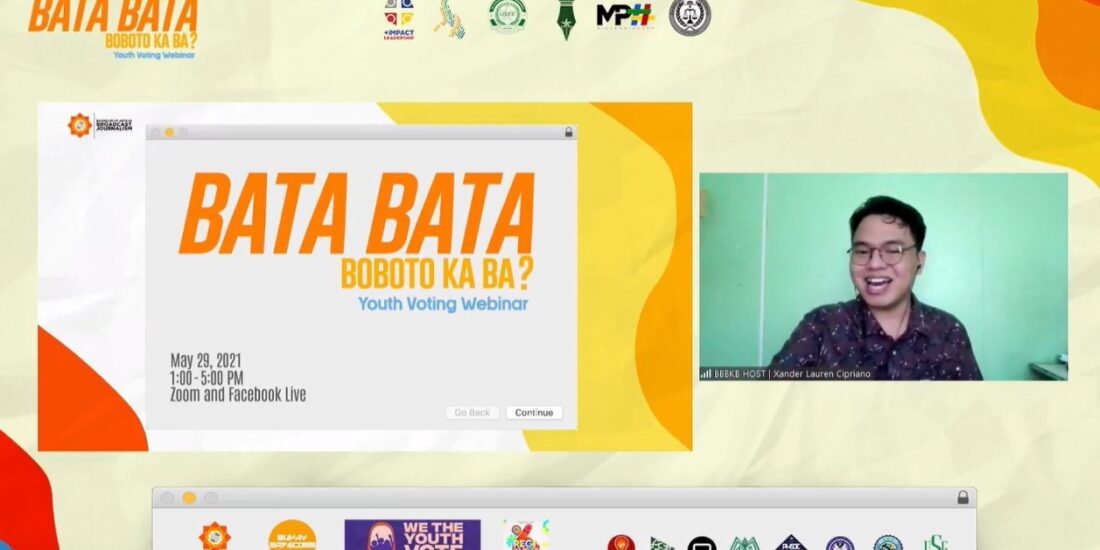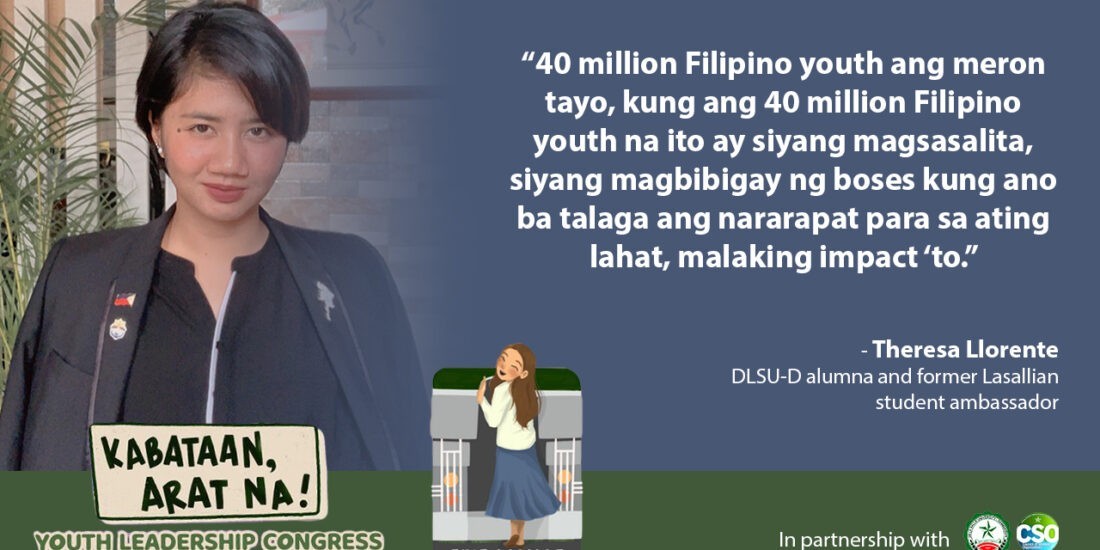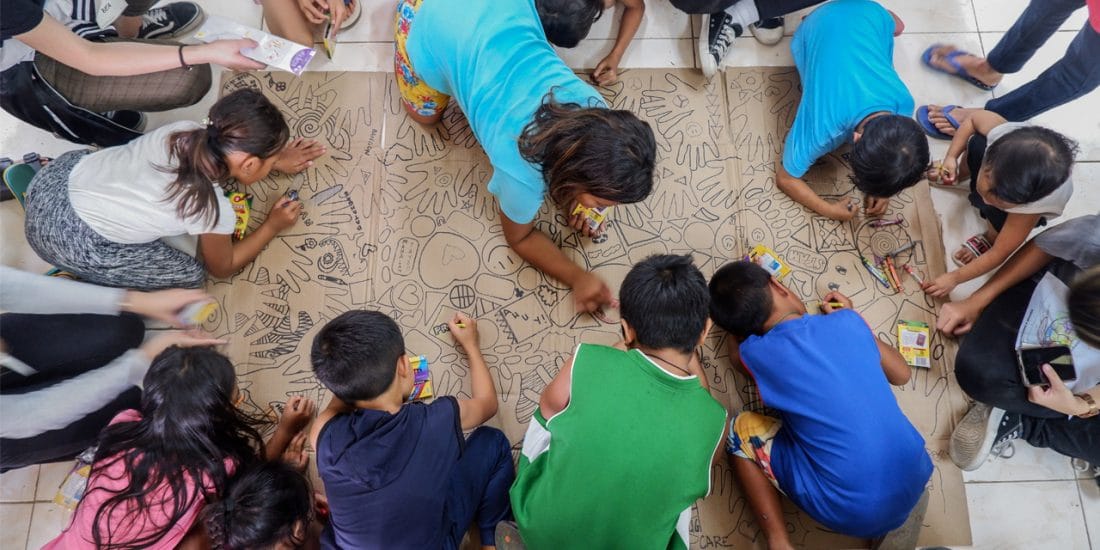The divine divide
When the conversation at the family table changes to one about the Philippine government, I admit I often hide behind the stoic face mastered by all apathetic teenagers. Don’t get me wrong, there have been numerous times where I’ve wanted to spar with the sentiments on the table, but the ever-widening gap between our beliefs has become a chasm too risky to plunge into. In an instant, the discussion has become eerily similar to the hellish saying “Abandon all hope, ye who dare enter.” I know I’m not the only one to feel this way, as young people like me have become more eager to discover fresh perspectives and take new stands—and dare to leave outdated ones behind.
Truly, the beliefs we’ve grown accustomed to have become heavily outdated from the principles of today—especially in issues rooted deeply with our Catholic faith. It wouldn’t take a rocket scientist to see the division between the Catholic youth’s stand and the stand of the Church.
Yet there is a vital twist in the type of secularism practiced—and desired—by many. We tend to tread softly in the waters of secularism without diving deep into the very nature of it, and subtly trying to avoid waves of prejudice from crashing into us. Whether we admit it or not, there is a certain casual air in the way we approach secularism: it’s the elephant in the room and the jammed words at the back of our throats. And so far, I find nothing wrong with secularism being shrouded in the shadows, just as long as it doesn’t stay there forever. When the ground finally cracks and the raging tsunami of our suppressed ideas and visions spill over the Pearl of the Orient, I wouldn’t hesitate to be on the frontlines.
We tend to tread softly in the waters of secularism without diving deep and subtly trying to avoid waves of prejudice from crashing into us.
Unfortunately, giving the Catholic Church an omnipresent role in our lawmaking has become the pattern, especially with the substantial 80 percent of the country being of Catholic faith. However, a survey conducted by the Catholic Bishops’ Conference of the Philippines’ Episcopal Commission Youth found that Filipino youth hold a very strong ground in terms of faith, but have different views on how the Church should behave on secular matters such as the Reproductive Health Law, marriage equality, and legalizing divorce in the Philippines. As luck would have it, the Duterte administration seeks to execute (pun intended) changes that are open to the idea of secularism, with President Duterte even going as far as saying that the Catholic church is “the most hypocritical institution” in the country and stating in his first SONA the importance of separating church and state, but not God and the state, like what most Filipino youths believe in.
The biggest problem with this casual secularism, however, is the nonchalance we have when it comes to other people making the country’s decision for us. Take for example on the other side of the world, the UK’s UE Referendum, or commonly known as Brexit, implemented last June. Majority of the voters were those who won’t even be alive to see the effects of their choices. It’s the youth of the United Kingdom—the very same ones who weren’t allowed to vote on such matters—who will be affected for the rest of their lives. In the same way, the future of the Filipino youth is being controlled by people who claim to know better; as it’s no secret that Filipinos generally tend to avoid questioning the separation of church and state, completely ignoring the Philippine Constitution that defines us as a secular country in law but not in practice.
The Filipino youth who are feeling the shy tug of secularism have the power to crush this chain of casual defiance they’ve long had by performing the most innocent yet powerful act there is—questioning everything. Only from questioning the church’s involvement in our government can we find the answers to our prevalent questions about the future. After all, it would be the greatest loss for the curious and strong-willed millennials to one day reluctantly settle for the country already molded for us, along with the beliefs we no longer have faith in.





